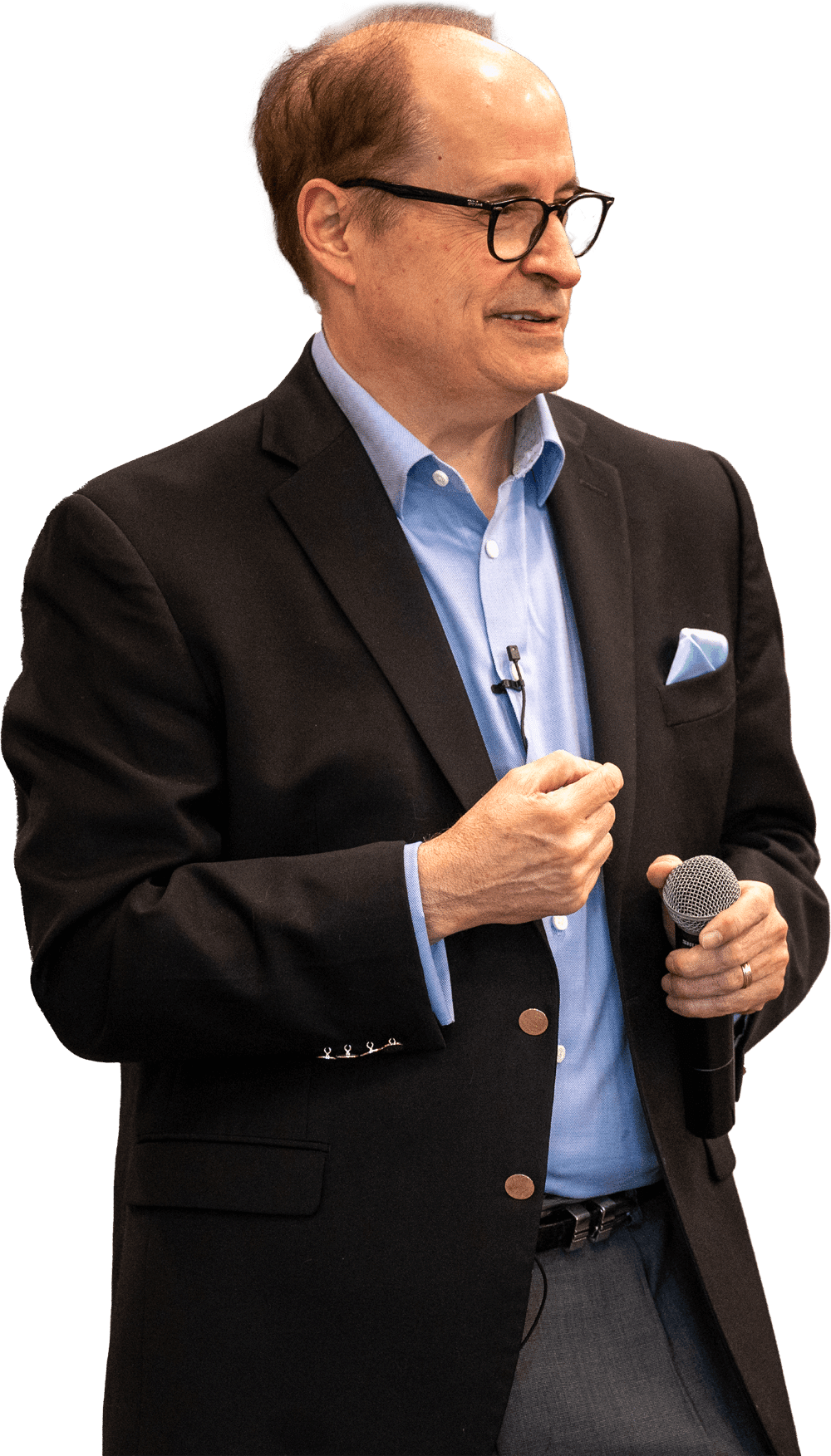
Expected Outcomes
Participants will achieve the following outcomes from this training:
- To understand societal myths and misinformation about grief and loss
- To learn and understand how to become hopeful again after the adversity of loss
- To learn tools and techniques for coping, grieving and healing
- To learn and understand how to make difficult decisions every day
- To discuss possible reactions to grief that can result in understanding
- To understand the rules of grieving and the fact that there are no hard and fast rules
- To understand how to take care of yourself as you go through the adversity of grief
- To understand and evaluate where you are in your life and where you want to go


Program Flow
In this training program, we share with participants the tools, tips, and techniques for surviving and thriving after grief and loss. This program is based on Shawn Doyle’s book of the same name.
Training Topics
- Myths and misinformation
- Hope and assurance
- Coping, grieving, and healing
- Making difficult decisions every day
- Possible responses to grief
- The rules (not)
- Taking care of you
- Where you are
- Action plans/Life plans

